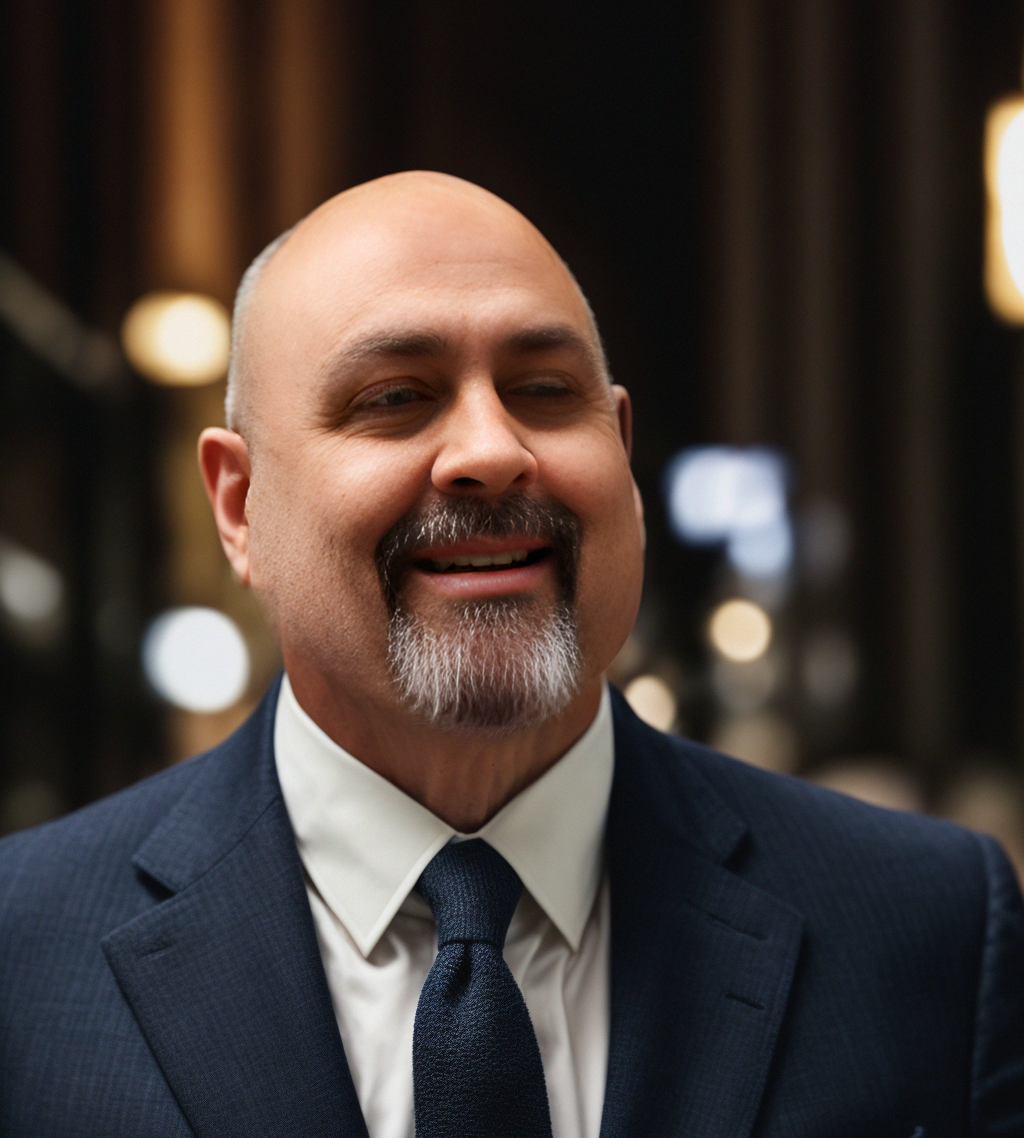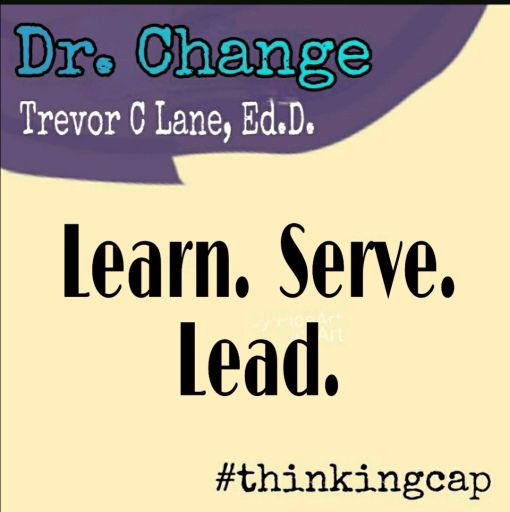Broadband is critical to remote and rural areas where tribes and towns are located. Situated in the northeastern corner of Washington state, Ferry County is a mountainous, forested, ruggedly beautiful region. Bordered by Canada to the north and the Columbia River on the east, it’s the state’s fourth most sparsely populated county; the largest town, Republic, founded by gold prospectors in the late 19th century, has fewer than 1,000 residents. https://ced.cw.wsu.edu/about/new/
The county’s gold mines and all but one sawmill are now closed, and the region has struggled in recent years to attract people and businesses. The lack of rural broadband is a major reason, says Trevor Lane, an assistant professor and the director of community and economic development for Washington State University’s extension office in Republic.
“If you’re not in town, you don’t have any kind of reliable broadband,” he says. “It’s impeding our ability to attract businesses. I know of three businesses that had to go elsewhere because we don’t have sufficient broadband.”
To read more of this Microsoft Feature, click here: https://news.microsoft.com/features/how-high-speed-internet-is-bringing-people-out-of-the-dark-ages-to-reshape-work-and-life-in-rural-america/






